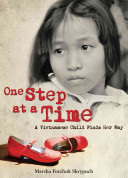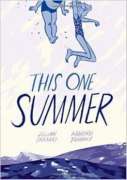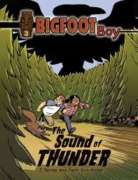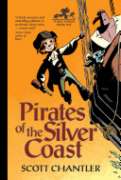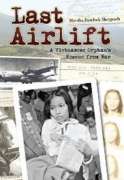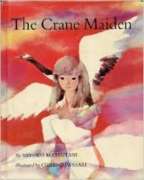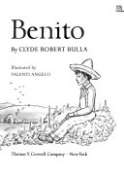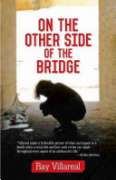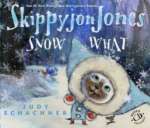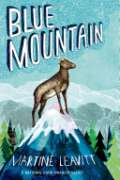
Tuk the bighorn sheep is told he will be the one to save his herd, but he is young and would rather play with his bandmates than figure out why the herd needs saving. As humans encroach further and further into their territory, there is less room for the sheep to wander, food becomes scarce, and the herd’s very survival is in danger. Tuk and his friends set out to find Blue Mountain, a place that Tuk sometimes sees far in the distance and thinks might be a better home. The journey is treacherous, filled with threatening pumas and bears and dangerous lands, leading Tuk down a path that goes against every one of his instincts. Still, Tuk perseveres, reaching Blue Mountain and leading his herd into a new, safe place.
